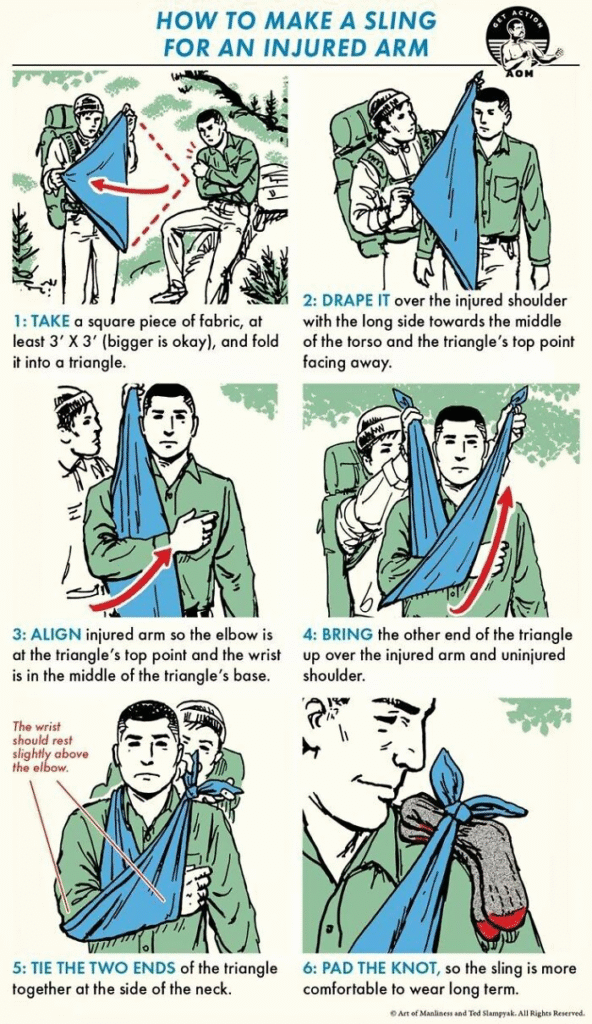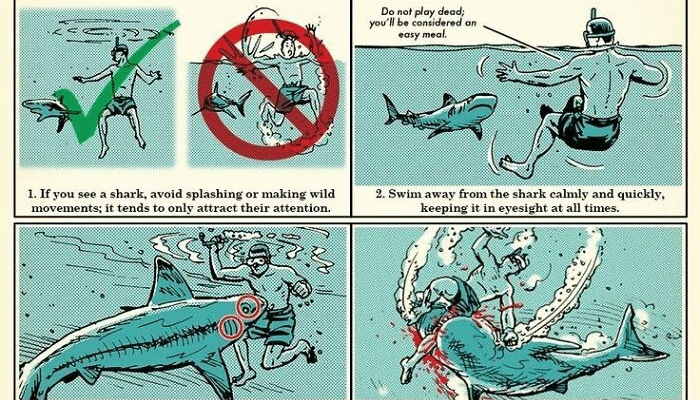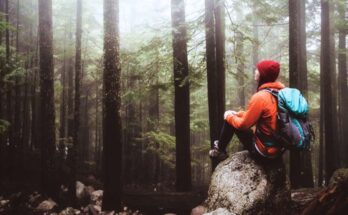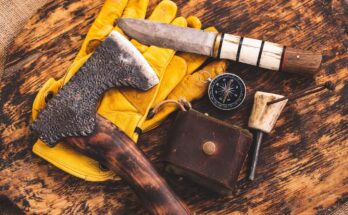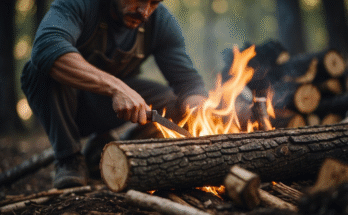If you were trapped on a deserted island, what three items would you want to have? How would you build shelter? What would you eat? Do you actually think you would make it?
If you’ve spent countless hours watching Survivor or you’ve seen Cast Away and 127 Hours more times than you’d like to admit, chances are you’ve pondered how well you would fair in a life-threatening situation. And while most of us will never actually be confronted with being stranded or being suddenly attacked in the wild (Thankfully! I don’t think I’m cut out for that…), it can bring us a bit of peace of mind to know just how we should respond in those situations.
#1
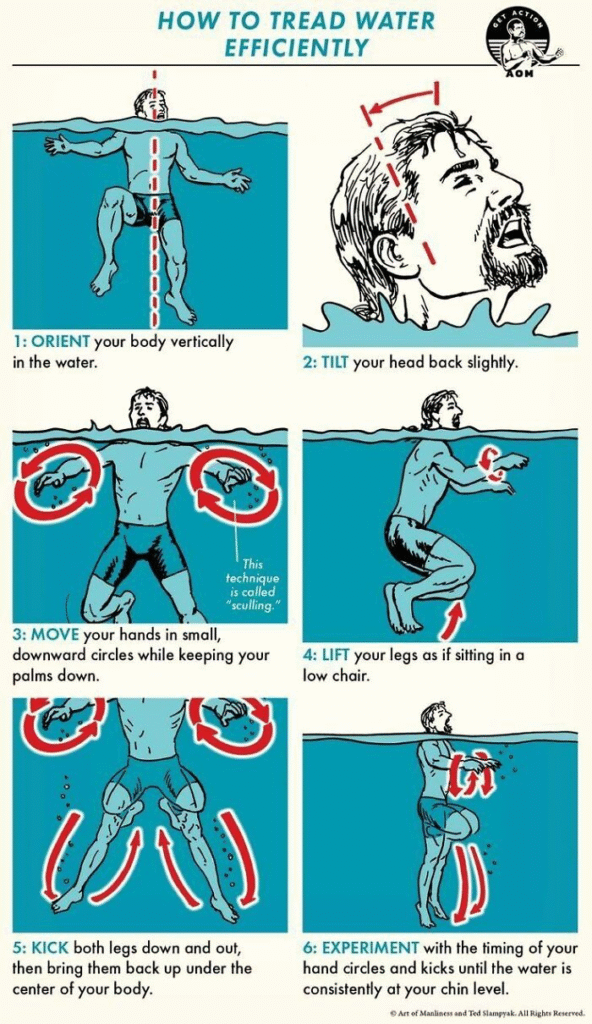
Whether you love hiking, rock climbing and spending time outdoors, or your idea of camping is staying in an air conditioned cabin in the woods, it’s smart to know some basic survival skills. You really never know when you might need them, and as much as we like to think that watching films has prepared us for zombie apocalypses and various other life-threatening situations, it’s probably a good idea to have some real-world, practical tips.
RELATED:
#2
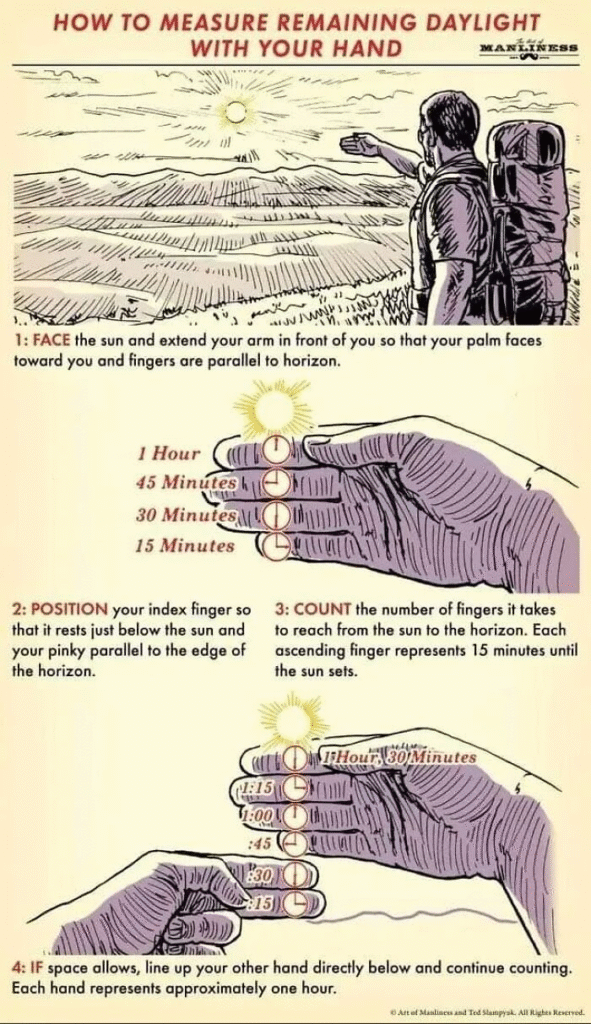
#3

First, Alex notes that we should all be capable of finding and purifying water. We’ve got to stay hydrated, and if you’re in a desperate situation, you can actually survive for longer than you might think by fasting and drinking clean, purified water. To find said water that might save your life, Alex first recommends searching downhill. Find low terrain, and listen for streams or follow green patches and animals. But if you can’t find fresh water, you will definitely need to have a purification system.
#4

#5
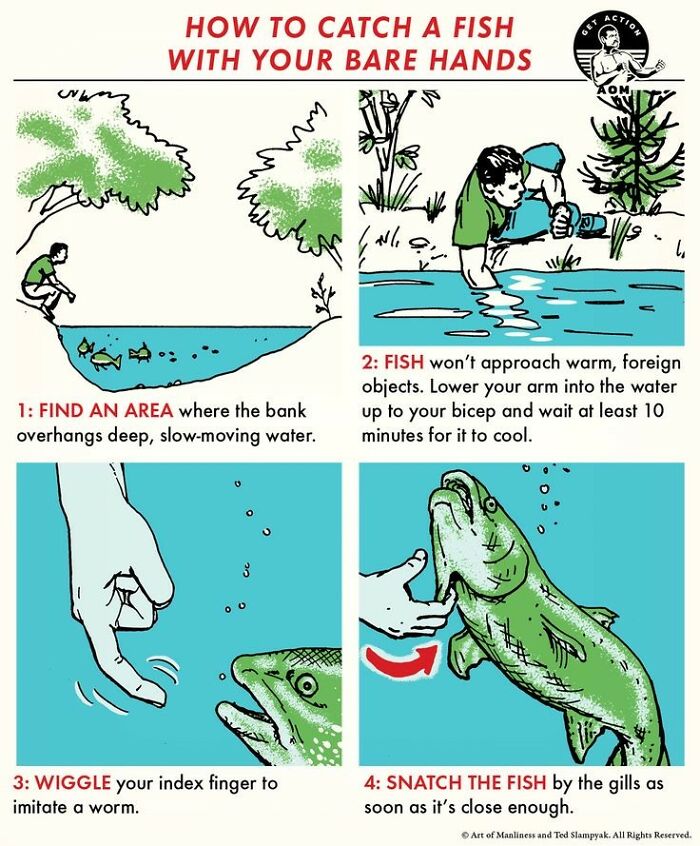
#6
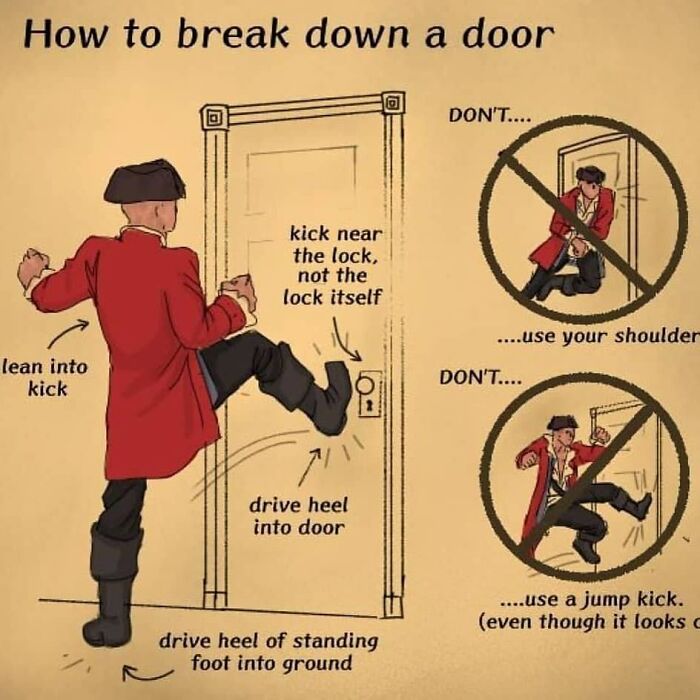
#7

#8

#9
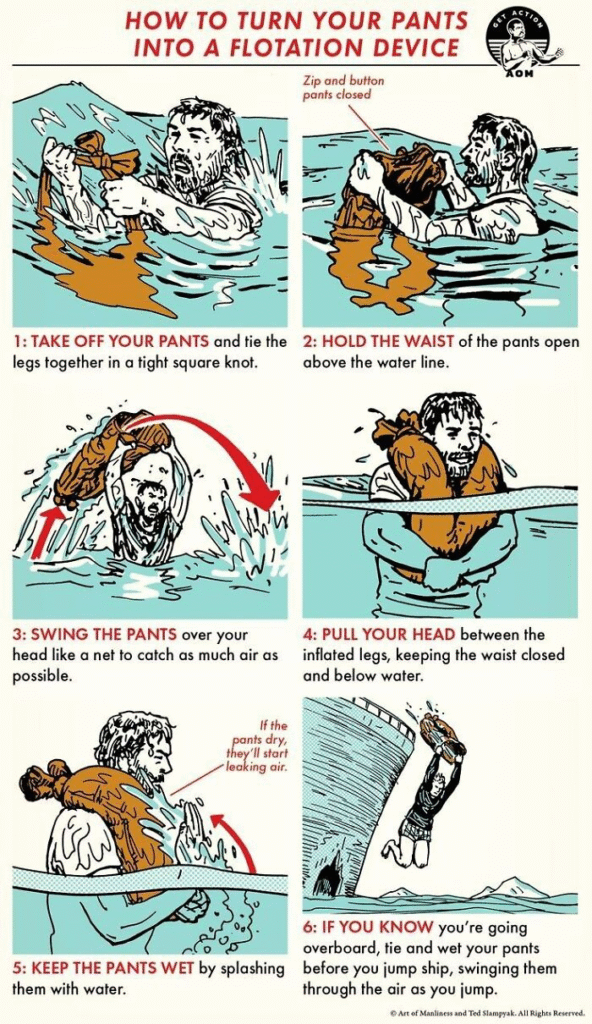
Once you’ve got water and fire taken care of, you’re going to want to know how to create temporary shelter. Whether you need shade from the sun or shield from the rain, having some sort of roof over your head can be crucial to your survival in the elements. What you can build will always depend on what is available where you are, Alex notes. Rock formations and crevices can be very helpful, as well as fallen trees and large rocks. If you can use one or several of these things as some “walls”, you’re off to a great start. But Alex notes it also matters where you build your shelter, as you don’t want to be too close or too far away from water. And always be mindful of your campfire; the last thing you want is your shelter going up in flames.
#10
